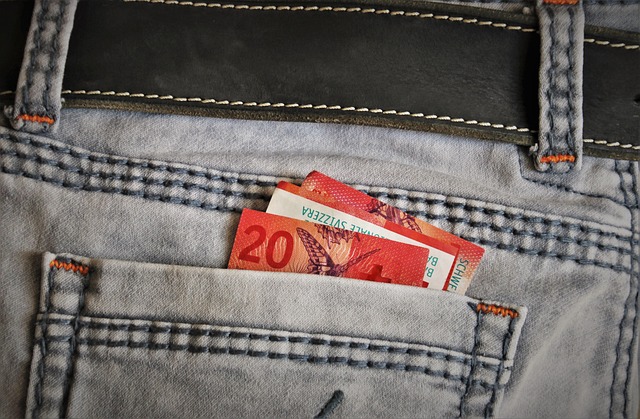The car title loan inspection process involves assessing minor cosmetic damage like dings and scratches to determine a vehicle's value and authenticity. Lenders use online apps and photos for initial assessments, followed by detailed inspections including test drives. This streamlines evaluations, ensuring transparency and facilitating quick loan approvals, even for specialized vehicles. Inspectors look for extensive damage or repairs to confirm residual value, minimizing risks in case of default.
“When applying for a car title loan, minor cosmetic damage to your vehicle doesn’t necessarily mean automatic rejection. This article navigates the intricate relationship between minor cosmetic issues and title loan approval. We’ll delve into the clear definition of minor cosmetic damage and demystify the car title loan inspection process. Understanding how these factors interplay can significantly impact your chances of securing a loan, even with a few bumps and scratches. By the end, you’ll have a comprehensive grasp on both aspects.”
- Understanding Minor Cosmetic Damage Definition
- Car Title Loan Inspection Process Overview
- How Cosmetic Damage Affects Approval Odds
Understanding Minor Cosmetic Damage Definition

When it comes to car title loan inspections, understanding minor cosmetic damage is key. This term refers to surface-level issues that don’t significantly impact a vehicle’s overall value or safety. Dings in the fender, small scratches on the doors, or a few dents around the body are examples of what might be considered minor cosmetic damage. Lenders will assess these during their inspection process as part of evaluating your car for a title loan.
The online application and credit check play a crucial role in this assessment. While the loan approval hinges on various factors, including the vehicle’s condition, lenders often use digital platforms to streamline the initial evaluation. This allows borrowers to conveniently apply for loans from the comfort of their homes. During this stage, lenders may ask you to provide photos of your car highlighting its exterior and any cosmetic damage present, ensuring a transparent process that ultimately contributes to faster loan approval.
Car Title Loan Inspection Process Overview

When applying for a car title loan, understanding the inspection process is key to ensuring a smooth experience. The initial step involves a thorough evaluation of your vehicle by an authorized inspector. This expert will assess various aspects of your car’s condition, including its make, model, year, and overall mechanical integrity. They examine the exterior for any cosmetic damages, such as dents or scratches, while also checking the interior for signs of wear and tear.
The inspection goes beyond visual appraisals. The inspector may also test drive your vehicle to gauge its performance and check the title’s authenticity. This process is designed to protect both the lender and the borrower, ensuring that the collateral offered is of sufficient value and meets the necessary criteria. A successful inspection paves the way for financial assistance, offering a quick and efficient solution for those in need of a car title loan, even for unique cases like semi truck loans.
How Cosmetic Damage Affects Approval Odds

While applying for a car title loan, it’s important to understand that the inspection process doesn’t just evaluate the vehicle’s value and condition; it also considers cosmetic damage. Minor scratches, dents, or dings on your car might not seem significant, but they can impact your approval odds. Lenders want to ensure that any perceived flaws won’t hinder their ability to re-sell the vehicle in the event of a default. Thus, during the inspection, they carefully assess these cosmetic issues and compare them against industry standards for similar models.
The Car Title Loan inspection process involves a thorough examination of your vehicle’s overall condition, including its exterior and interior. Fort Worth Loans lenders are looking for any signs of extensive damage or repairs that could indicate potential mechanical problems. Remember, the goal is to ensure that your car retains substantial value and can be safely re-sold, which includes considering both its physical condition and market demand for your specific make and model. Quick Approval isn’t just about speed; it also relies on ensuring a sound investment decision.
While minor cosmetic damage may seem like a small concern, it can significantly impact your car title loan approval. The thorough Car title loan inspection process assesses every aspect of your vehicle, including these subtle imperfections. Understanding how cosmetic damage affects your odds of approval is key to navigating this financial option successfully. By being aware and honest during the inspection, you increase your chances of securing the funds you need without delays.






